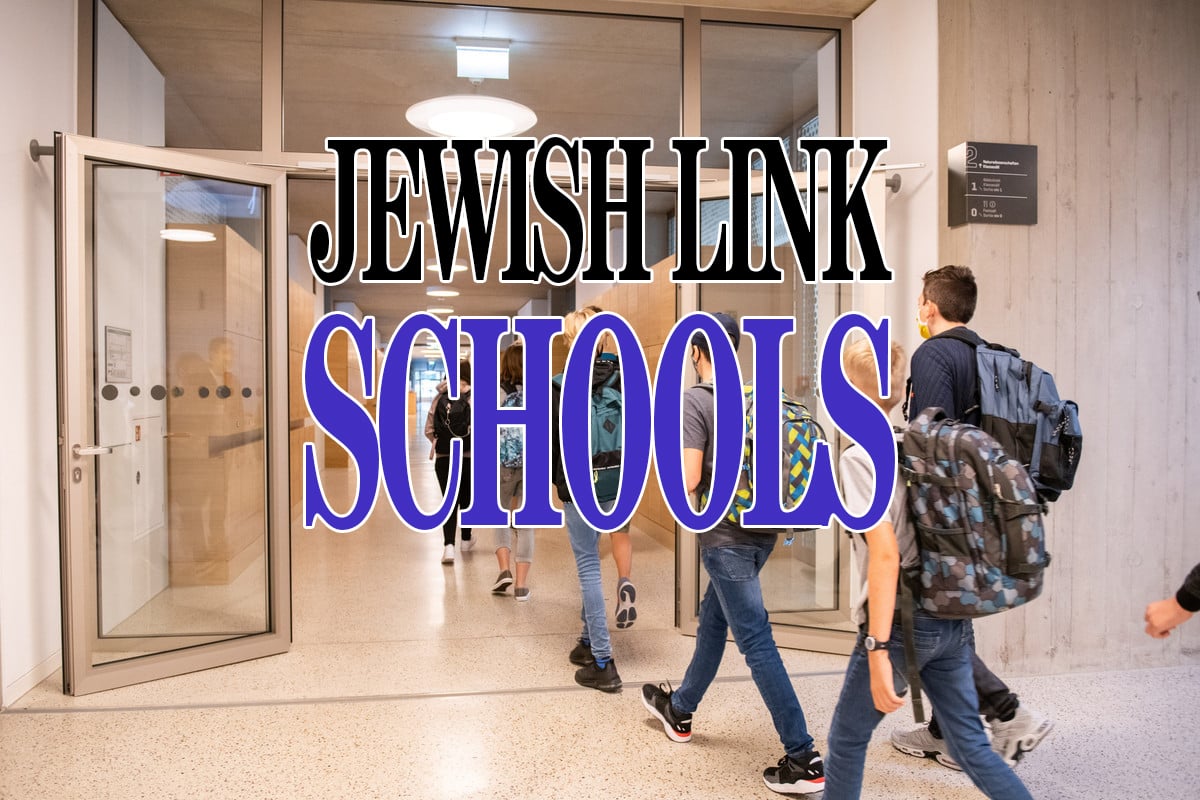Tu B’Shevat, which fell this year on Jan. 28, was a time for celebration at Bi-Cultural Hebrew Academy (BCHA) in Stamford.
In each and every classroom, students engaged in all sorts of educational activities—such as tasting the fruits and nuts that are traditionally enjoyed on this holiday, known as “Rosh Hashanah La’ilanot”—the New Year of the Trees.
For the 23 students in Bi-Cultural’s sixth grade, however, this year’s Tu B’Shevat celebration was all that and more. Because, this year, the class celebrated with sixth graders at another Jewish school—some 7,000 miles away.
“We had a Zoom meeting for the two classes for Tu B’Shevat using the idea of fruits,” says Yaakov Faratci a middle school Judaic studies teacher. “We thought Tu B’Shevat would be ideal because Tu B’Shevat takes a variety of different things and makes a blessing on them and we were trying to create a blessing out of this initiative by taking a variety of people and trying our best to connect them with one another.”
The initiative Faratci refers to is an innovative Pen Pal program launched last month between the BCHA sixth grade and their counterparts at Keshet, a school in the Katamon section of Jerusalem, thanks to a connection through Judaic Studies teacher Rabbi Tzachi Posner.
The program began traditionally, with students introducing themselves to their counterparts via individual written letters sent by way of snail mail.
“Even though we use digital tools,” said Iris Back, coordinator of the Hebrew Language program, who helped coordinate the pen-pal initiative, “we also wanted to keep the traditional pen pal relationship, so in the beginning the students exchanged actual written letters. Then, we created a platform through the site FlipGrid and kids created videos about themselves in which they talked about their hobbies, the things they liked, etc. And the other kids were able to comment on those videos. That got the conversation started.”
It also helped connect students with new friends which, in light of the pandemic, is so important to young people.
“Because the kids can create online profiles they get to see what one anothers’ lives are like. They bond over hobbies and find common interests. They basically connect from thousands of miles away,” noted Faratci. “It gives kids the opportunity, especially during a year when there is limited contact in the world, to build a new bridge. Kids with different religious affiliations have the opportunity to come together as one people and build stronger relationships.”
Using FlipGrid also helped ensure the students’ security by requiring that each student log in to a private account. To further ensure that the program was well coordinated and secure, the schools contacted the Jewish Agency for Israel. The agency then worked with Israel’s school coordinator to ensure student privacy and to offer supervision and guidance.
Not that the program is intended to be solely about social networking.
“Keshet wants its students to strengthen their English and we want our students to strengthen their Hebrew. So, sometimes we communicate in Hebrew, sometimes in English. It’s a win/win situation,” explains Back.
Back hopes the program will carry over into seventh grade— and possibly even eighth. “God willing, if [the eighth grade class]can go to Israel they can meet there,” she said. “They’re already friends. We started a relationship that we want to continue.”
For now, Back and Faratci are already thinking of a joint Purim program and maybe a joint Passover seder as well.
“Connecting to other Jewish people around the world is an incredibly religious experience and an important activity,” says Faratci.










